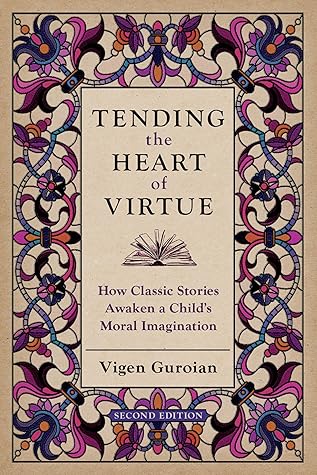Classical, Jewish, and Christian sources, such as Plato, Aristotle, Cicero, St. Augustine, St. Basil of Caesarea, St. John Chrysostom, Maimonides, St. Thomas Aquinas, and John Calvin, insist that morality is neither plural nor subjective. Instead, they maintain that human morality is substantial, universal, and relational in character, founded and rooted in a permanent good, in a higher moral law, or in the being of God. From this standpoint, values and decisions whose claims of legitimacy extend no further than individual volition are as effervescent as the foam that floats on top of the
...more
Welcome back. Just a moment while we sign you in to your Goodreads account.


